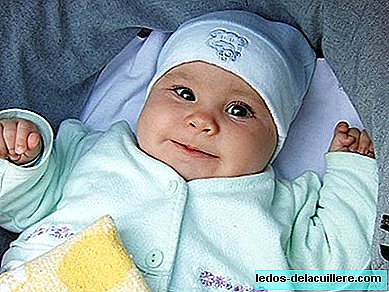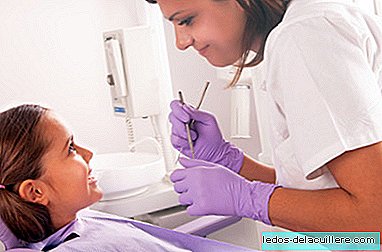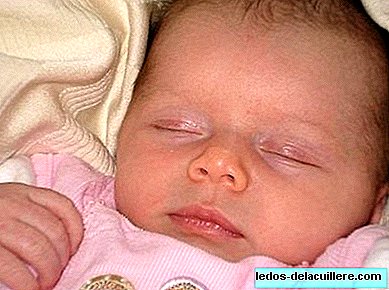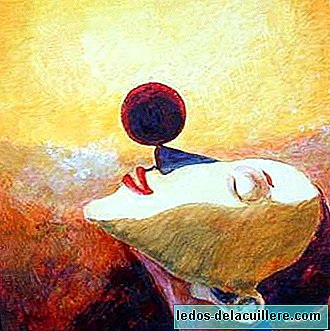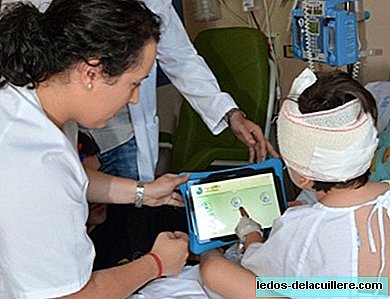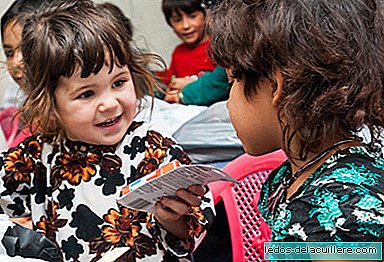
The results of Pisa report on Spain they have been, as expected, worse than ever. We are in a general position very low, 29 of 44 in the total of the countries that have carried out the test and 23 of the 28 of the OECD. This, however much the way to perform the test, the contents evaluated and the way of evaluation are dicutible, offers an increasingly bleak picture. But, What will happen in the future?
The results of the PISA Report
It is striking that our students, or rather, our system, offer significantly low data on aspects that seem fundamental to the future of young people: the resolution of practical problems, the inability to handle new simple technologies and the lack of momentum for the most gifted students reach their potential.
Can you think of anything worse for the future in education to lose the most talented and condemn the population to practical and technological illiteracy? I would add to this the problems of reading comprehension and the impossibility of developing critical thinking.
Causes of Spanish failure
And attention to what he pointed out not long ago Andreas Schleicher, director of PISA. The most serious problems of Spanish students they do not depend on economic capacity, or social class, or place of origin, but are common. And the reason seems very clear: the Spanish educational system values the uncritical and memoristic reproduction of content and knowledge and not in its practical and real application.
The reality is that in addition to not having good results in Science, Language or Mathematics, what most worries is the manifest inability to solve practical problems such as buying a public transport ticket, calculating the journey that takes the shortest time on a trip or driving and interpret the instructions of an electronic device for everyday use. Amazing? Of course not.
The government points out that the LOMCE is going to respond to these shortcomings but my opinion is that it will not help at all, because it precisely encourages students to prepare for revalidated exams and reduces the autonomy of the teacher, limiting the time of subjects that they promote the flexibility of thought (Music, Art or Philosophy), and above all, the ability to offer personalized and quality education is reduced by the cuts in availability of time for programming or the increase in ratios.
Other serious problems of the Spanish Educational System are well known: very high number of repeaters, poor reading comprehension, high numbers of school failure and a rising depressing attention to educational diversity and special learning needs. How do we turn this around?
Give less value to the test results whatever they are
First, and even if it looks like a truism, stopping giving PISA so much value. Not by PISA, but by the use of these scales to calculate the educational quality and its political use. There is no government that does not blame the problem on the management of the previous one, when the reality is that the successive reforms and Spanish educational laws are a pedagogical and real implementation disaster. The obsession with exams and assessments is one of the issues in which the school we know fails, which is neither the only option, nor perhaps the best.
Plus, exam results, at once, we should stop valuing them as determinants of the quality of teaching. Learning is not knowing how to get good grades in a type or memorization of textbooks, but to develop skills for a free and independent life. And that we carry very badly.
More money and better spent
Second, and let's get to the point, spending money. Yes, money is the key to the solution. We have to invest in education because it is the best possible investment in development, skills and even, if you allow me, real competitiveness.
We need to invest in reconciliation improvements to avoid early separation, more valued teachers with more non-teaching time, better recycling and training courses, more freedom of choice for parents, centers that do not look like prisons with cement yards, more trips to museums, exhibitions, business centers, practices, laboratories, more personalization of learning, more diversification, optimization of attention to high-capacity students, research projects in pedagogy and development of cooperative and flexible learning.
If we invest less the quality worsens because money also serves to improve teacher training and organization. Money is needed so that students can learn in a more personalized and flexible way. Money is needed to reduce the ratios and for children to receive adequate educational attention to their interests, competencies and passions.
Investment is indispensable to increase practical, experiential and experimental activities. Money is needed to improve the centers and allow the use of new technologies and tools other than textbooks to be truly accessible.
The happiness
How that happiness? You are right, the happiness of children is an indispensable part of educational improvement. Modern neurological and pedagogical research affects that, a person under situations of stress, fear or suffering has worse cognitive abilities and learns less and worse. So, children's happiness is a priorityIn fact, the largest the education system and society should have.
In Spain, there are more and more families in situations of poverty or under enormous pressure, children with poor nutrition, overwhelmed parents for not having work and others, those who work, with days that prevent them from spending time with their children and sharing experiences and experiences with them. games.
On the other hand, penalizing the error, crushing with hours and hours of class and homework without leaving time for play or elective activities, punishing and labeling them as a form of supposed education damages their emotions and does not contribute to them being safe, happy and safe children. assets. So let's worry that children can be happy and grow up healthy and safe, the educational level will also improve.
Ended up with the PISA Report. Tomorrow, more concrete measures to improve the results of the education system and promote education for the future and not for the results of an exam.
Official site | PISA OECD Image | Isafmedia on Flickr In Babies and more | The key to creativity, The infinite questions of our children, White Pedagogy: a revolution in educational coaching


